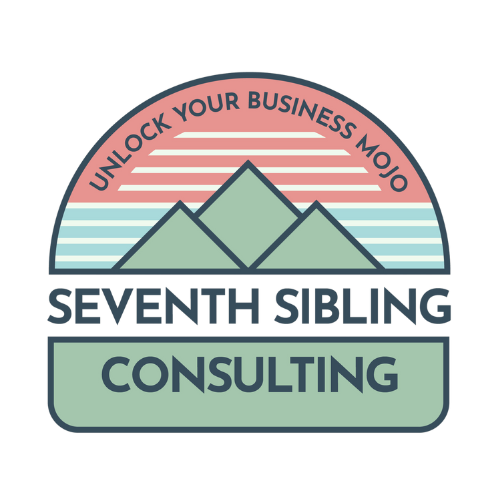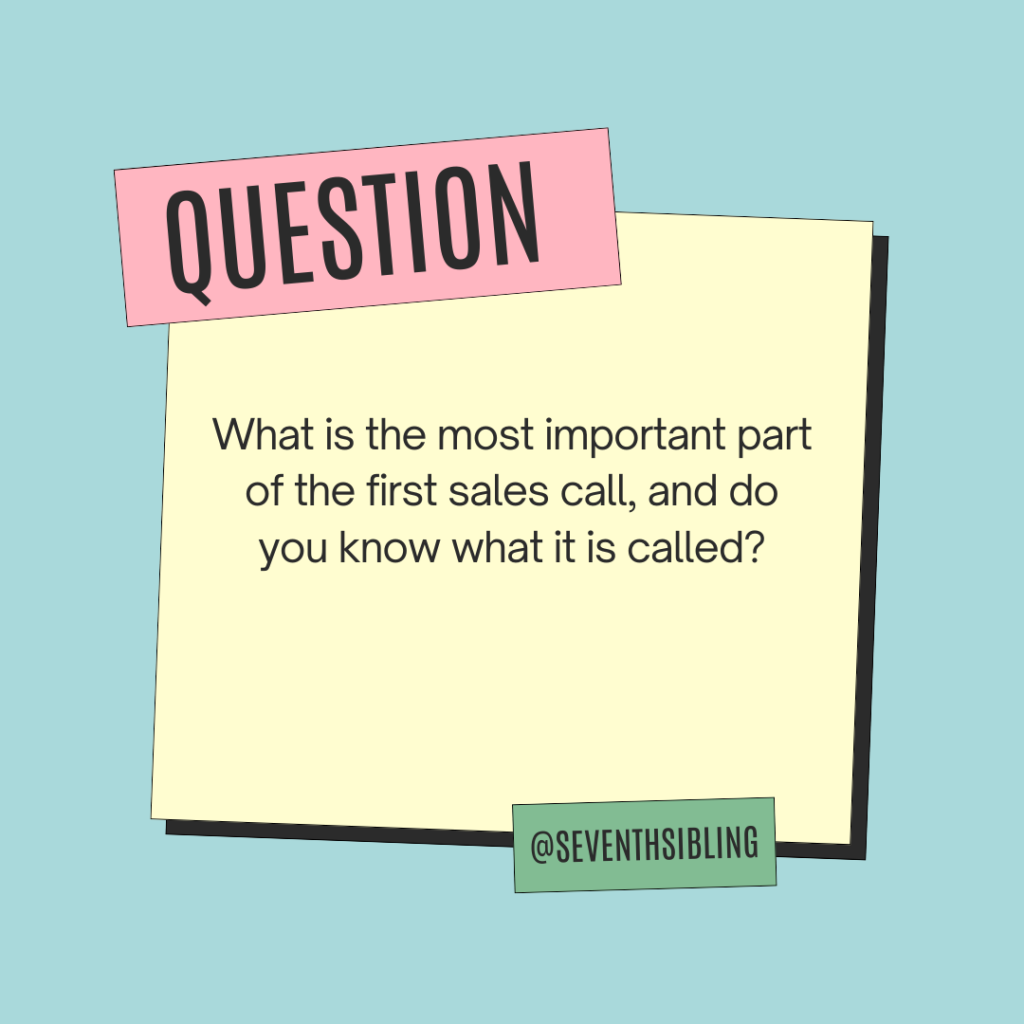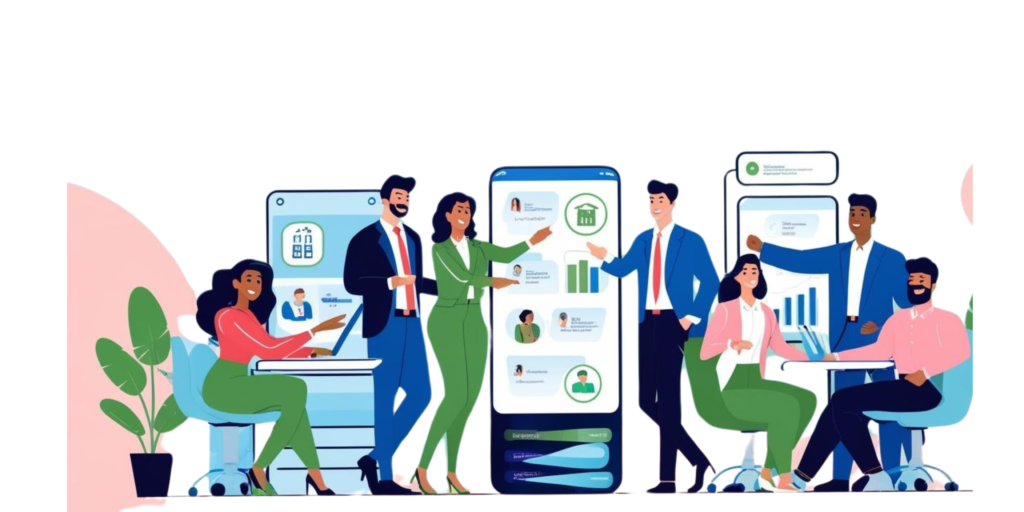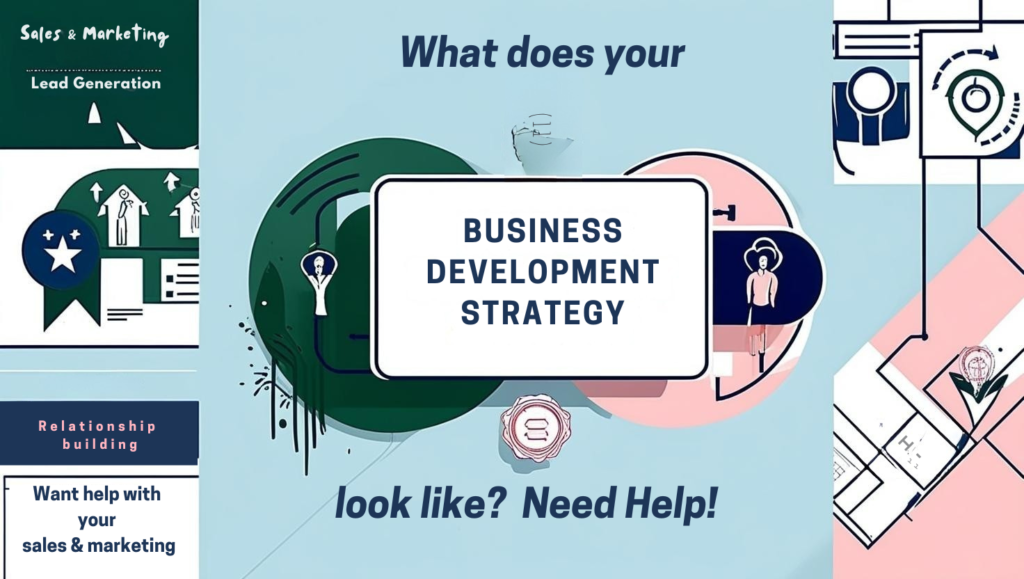Unlocking Business Potential: Comprehensive Business Development Services In the dynamic world of business, growth and development are paramount. At Seventh Sibling, we understand the intricacies of business development and offer a full suite of services designed to help your business thrive. Whether you need coaching or direct support, our expertise spans all areas, including sales, marketing, partnerships, and customer retention. The Distinction Between Business Development and Sales Sales and business development are often used interchangeably, but they serve different purposes. Sales focuses on closing deals and converting prospects into paying customers through direct engagement. Business development, however, encompasses a broader scope, including identifying new market opportunities, building strategic partnerships, and fostering long-term growth. Sales Development: Coaching and Direct Support Sales are the lifeblood of any business. At Seventh Sibling, we offer comprehensive sales development services to ensure your team is equipped with the skills and techniques needed to close deals effectively. Our sales coaching programmes are tailored to your team’s needs, providing them with the tools to succeed. Additionally, our direct sales support can assist with sales operations, from developing strategies to engaging with prospects. Marketing Strategies: Building Your Brand Effective marketing is crucial for attracting and retaining customers. Our marketing strategies are designed to create a strong, memorable brand that resonates with your target audience. We utilise a mix of digital and traditional marketing techniques to maximise your reach and impact. From SEO and social media marketing to print and events, we ensure your marketing efforts are cohesive and effective. Partnership Development: Strategic Alliances Building strategic partnerships is a key component of business development. At Seventh Sibling, we help you identify and build partnerships that align with your business goals. Whether it’s exploring joint ventures or collaboration opportunities, our partnership development services are designed to drive mutual growth and success. Customer Retention: Keeping Your Clients Engaged Retaining customers is just as important as acquiring new ones. Our customer retention strategies focus on developing and implementing plans to keep your clients engaged and loyal. We gather and analyse customer feedback to continuously improve your products and services, ensuring long-term satisfaction and retention. Why Choose Seventh Sibling? With over 10 years of experience in helping businesses grow and succeed, Seventh Sibling offers comprehensive support tailored to your unique needs. Our proven track record of delivering tangible results speaks for itself. From sales to customer retention, we cover all aspects of business development, providing you with the tools and strategies needed to achieve your growth objectives. Get in Touch Ready to take your business to the next level? Contact us today to learn more about how Seventh Sibling can support your business development needs. Whether you need coaching or direct support, we are here to help you achieve your growth objectives. Let’s Work Together At Seventh Sibling, we are committed to helping you unlock your business potential. Let’s work together to build a successful future for your business. Reach out to us today and discover how our comprehensive business development services can drive your success.









